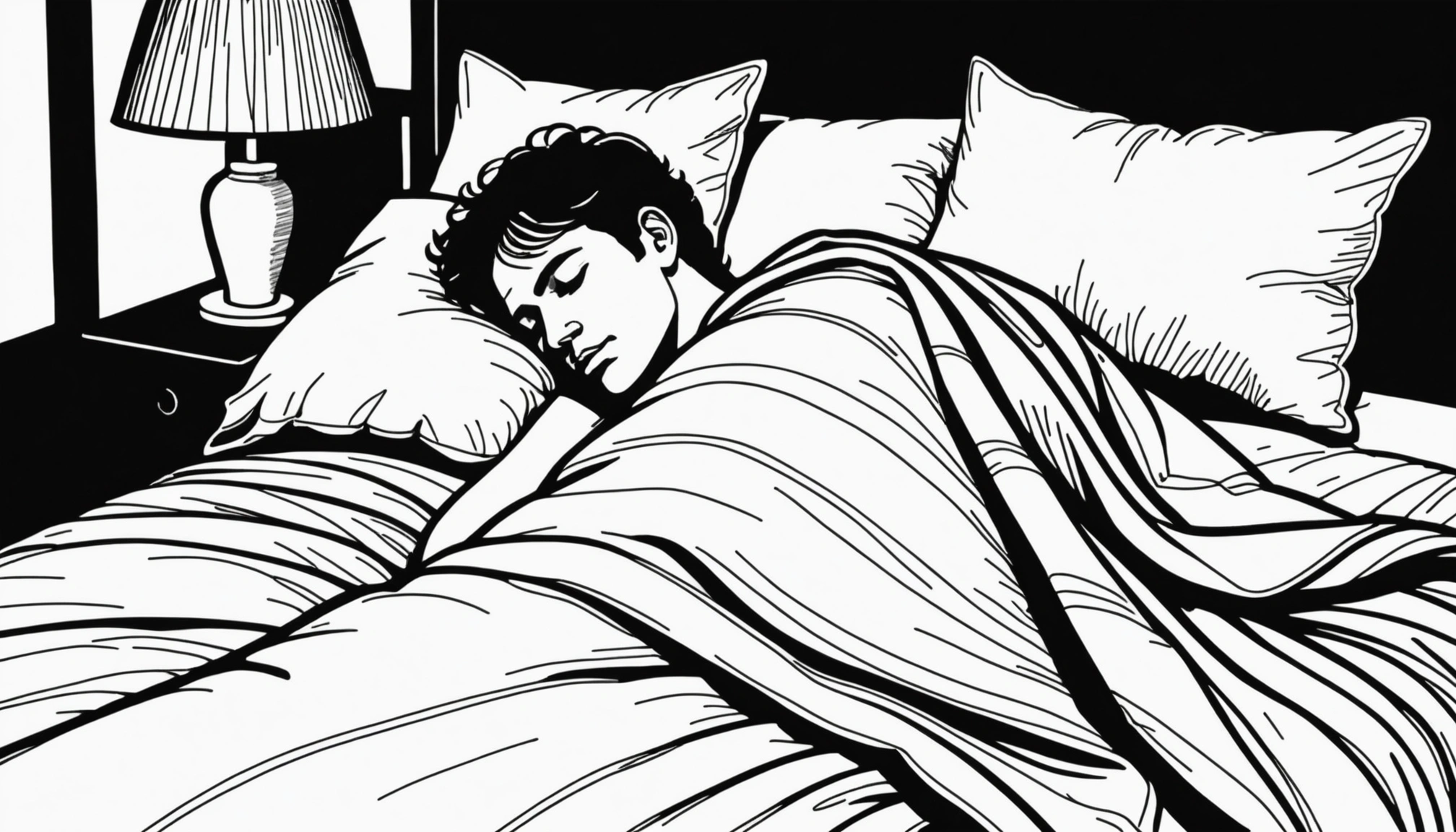How Coffee Really Affects Your Sleep Quality
New research challenges common beliefs about coffee and sleep disruption. Sleep expert Charlotte Gupta explains how caffeine actually works in the brain. The effects vary significantly from person to person.

Many Swedes avoid afternoon coffee because they believe it disrupts sleep. Sleep researcher Charlotte Gupta says this is only partly true. People often claim they cannot drink coffee late or they will not sleep. About half agree with this statement while the other half disagree.
Multiple studies have examined this topic but none provide a definitive answer. Charlotte Gupta researches sleep at CQ University in Australia. She explains that caffeine makes people alert by blocking signals from a chemical called adenosine.
Adenosine builds up in the brain during waking hours. This chemical sends sleep signals when it is time to rest. The body clears adenosine overnight so people wake up refreshed.
The Swedish coffee culture involves frequent consumption throughout the day. Many workplaces offer free coffee to employees. This research suggests afternoon coffee may not affect everyone equally.
Sleep impacts remain highly individual despite scientific studies. Some people metabolize caffeine faster than others. Genetics and tolerance levels play important roles in how coffee affects sleep.
This research highlights that blanket rules about coffee consumption may not apply to everyone. People should pay attention to their own body's reactions rather than following general advice.